Virukill is a solution that you can buy over the counter in most veterinary shops. Its mostly used on surfaces, in drinking water and for fogging of poultry houses.
This article covers the benefits of virukill, how to use the solution and precautions you should take to protect yourself during use.
Virukill is a must in every farmer’s poultry veterinary kit.
What are the uses of Virukill?
- For broad sprectrum disinfection of surfaces against all poultry viruses, bacteria, fungi, mycoplasma, yeasts and algae.
- For disinfection of drinking water for poultry.
- For disinfection of hatching eggs.
- For disinfection of the air in poultry houses.
- Helps to delay the spread of infectious coryza and newcastle disease when used to disinfect the drinking water and air in poultry houses.
How to mix virukill (dilution rates)
- Routine disinfection (poultry houses, poultry equipment, etc): 25ml in 10L water.
- For aerial/fogging disinfection over poultry/birds, dilute 100ml/15L of water and apply once or twice a week depending on degree of disease challenges.
- Footbath dips/wheel bath: 100ml in 10L water. Should be replaced after 2weeks.
- Drinking water for chickens 10ml in 30L of water.
- Cleaning and disinfection: 100ml in 15L water.
- Specific disinfection eg Parvo 100ml: 5L water.
- For best results, thoroughly clean all surfaces before disinfection takes place.
Safety precautions:
- Wear protective gloves.
- Do not swallow.
- Do not mix with other chemicals.
- Wear goggles and face mask when fogging/spraying.
- Avoid inhaling the vapour.
- Keep out of reach of children.
- Always check expiry dates.
- Store in cool place above 4 degrees celsius.
First aid procedures:
Take note of the following:
- Contact may cause irritation to the skin and eyes.
- Inhalation of vapour may irritate respiratory passages.
- If inhaled, move immediately to fresh open air.
- If swallowed, take large quantities water.
- If swallowed, nausea may occur, do not induce vomiting.
- In case of skin or eye contact, rinse with water at least 15minutes.
- If poisoning occurs, visit a doctor immediately.
Disclaimer: Information in this article does not substitute advice from your local veterinarian. Whilst great effort is taken to ensure accuracy of information in this article, no responsibility can be accepted for any loss or injury incurred due to error or omission.
Did you find this article helpful? Leave a comment below or subscribe to my free Email Newsletter and also like The Poultry Shop Facebook page. Thanks!
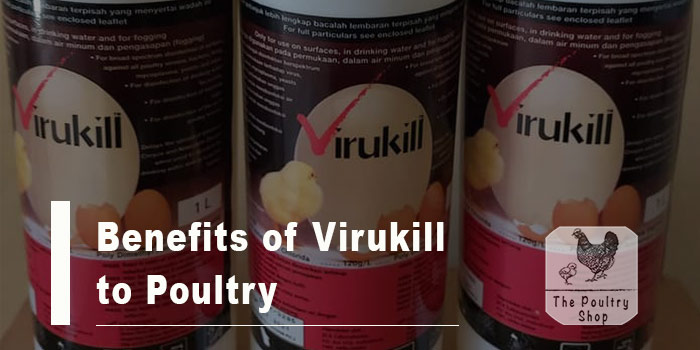
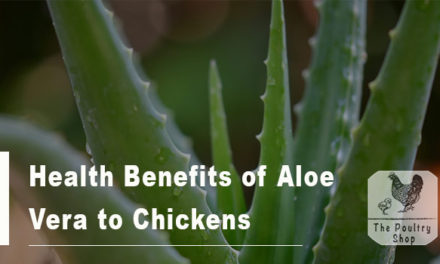
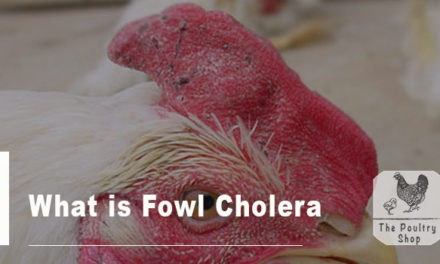
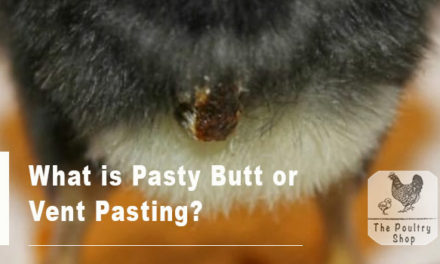
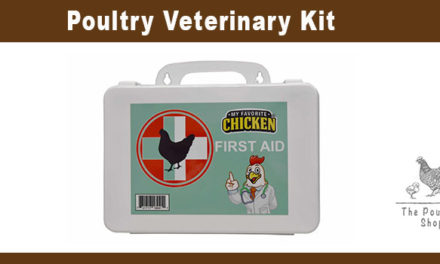
very good and detaited information. thank you 😊